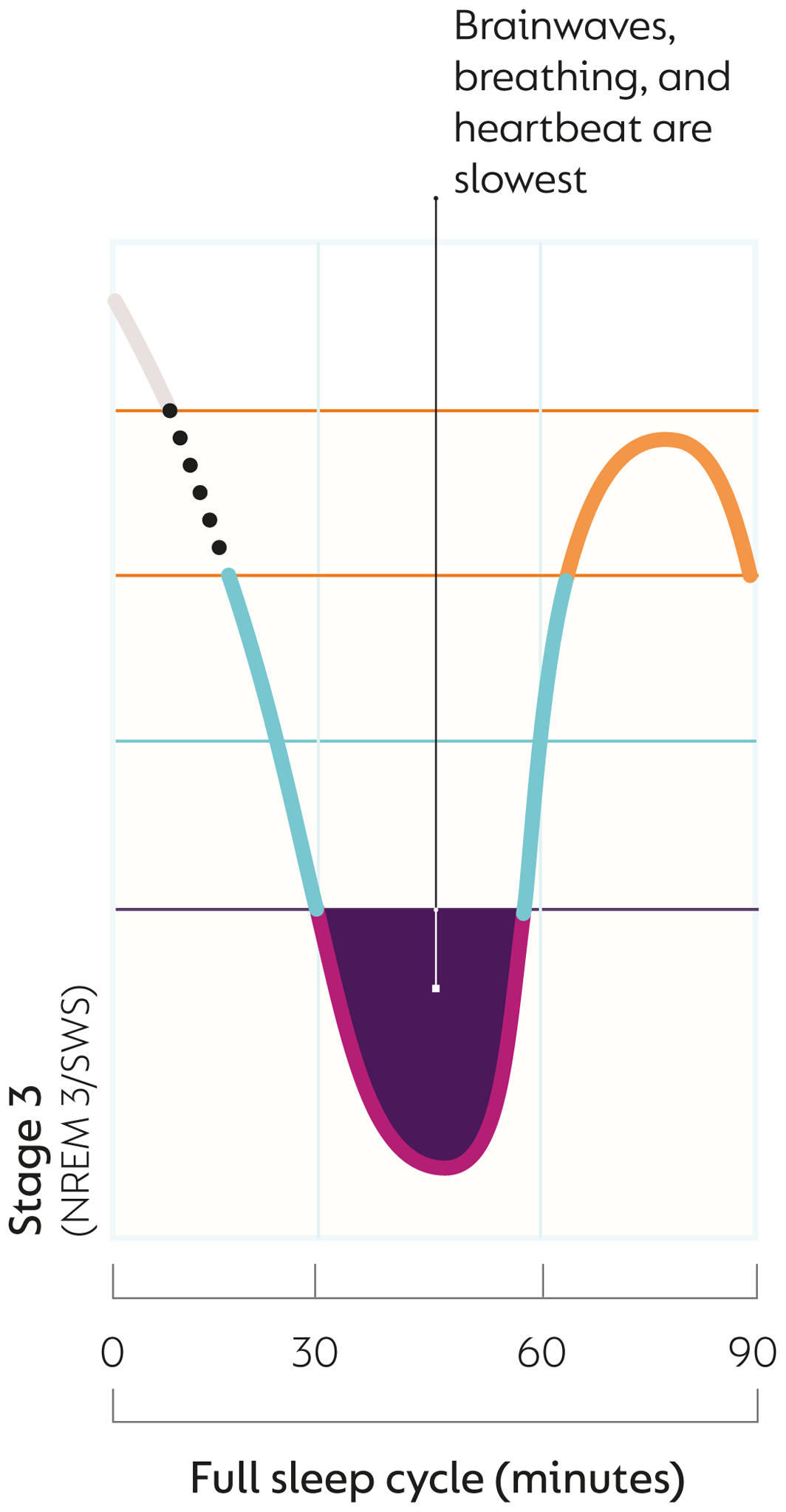Why do I feel groggy when I’ve had more sleep than usual?
You’ve treated yourself to sleeping in, only to wake up feeling fuzzy-headed and lethargic. Infuriatingly, all that extra sleep has left you drained instead of refreshed.
Changes in your sleep routine confuse the body’s internal clock, which coordinates the chemical, hormonal, and temperature changes that power up your system before you wake. If you wake later than normal, you miss the energizing effects of the hormone cortisol, which peaks in the early morning. Also, by sleeping later, you enter a new cycle of sleep, and if you wake during the deepest phase of this cycle, you’ll feel extremely groggy—a condition known as sleep inertia. This can last from a few minutes to three hours, and evidence suggests that its effects can feel like the equivalent of 40 hours of sleep deprivation.
AVOID Hitting “snooze”
You may have noticed sleep inertia when you hit snooze on your alarm and drop off again. Snoozing gives the brain time to enter a new sleep phase, and if you’re then jerked awake from deep sleep, the brain takes far longer to enter the conscious world. Be mindful of this if you’re planning to nap before driving or doing a challenging task, because you won’t react as fast or think quite as clearly as normal. Research suggests sleep inertia is most likely if you nap for longer than 30 minutes, but it may be less if you’re already sleep-deprived.
For most people, a regular sleep routine will prevent sleep inertia becoming a problem. Severe morning sleep inertia (also known as “sleep drunkenness”) can also involve confusion and even aggression.
Danger zone
Jolting awake from the deepest sleep stage puts stress on the body and disorients the brain.

n Double-tap image to read the labels
